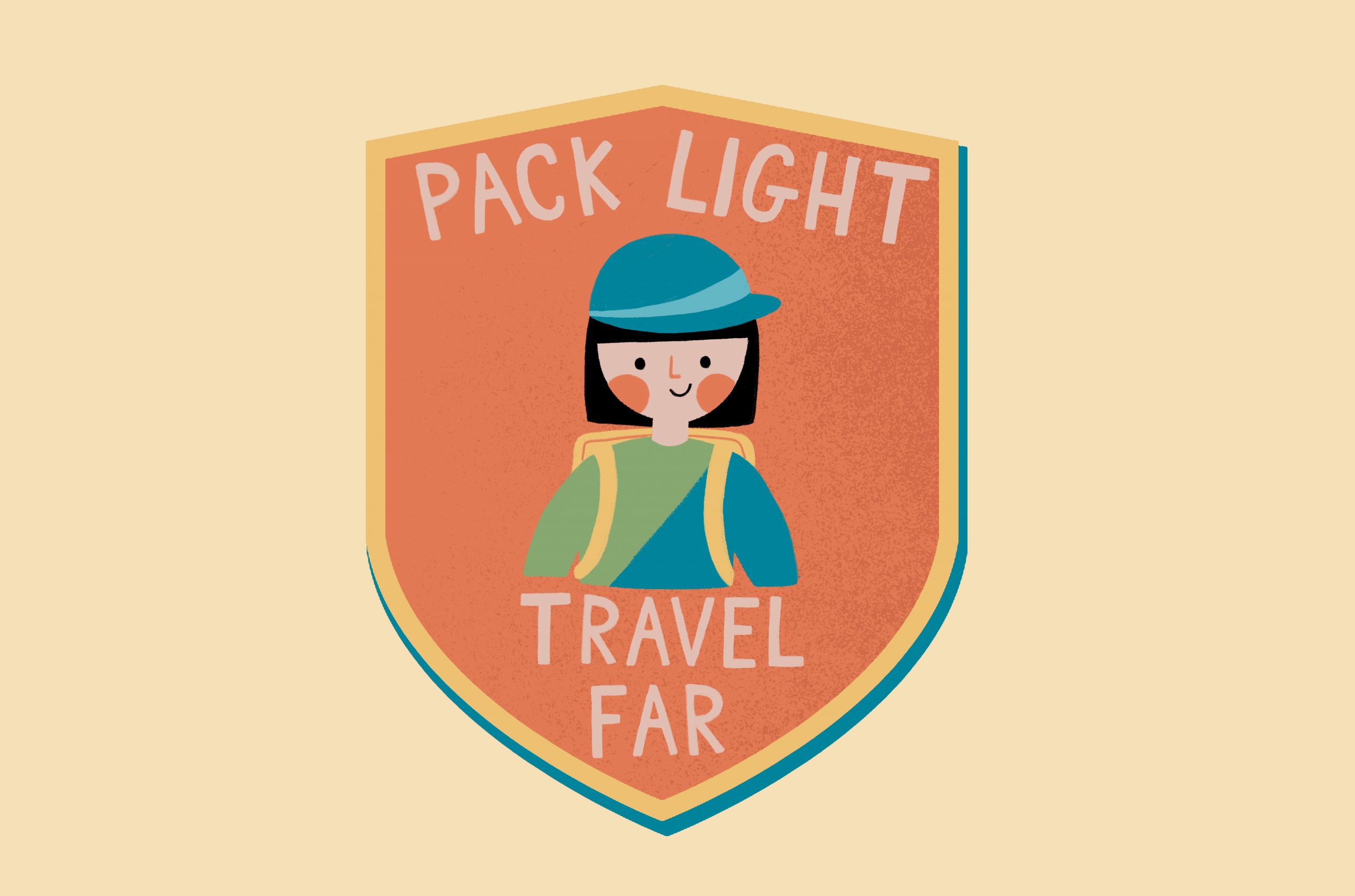Digital Nomadism and the Future of Family Life
 TrendBible Spring Summer 2024 Baby & Kids Forecast
TrendBible Spring Summer 2024 Baby & Kids Forecast This week Bali announced it was launching a ‘digital nomad’ visa that will allow non-citizens to live and work in the country tax-free for up to 5 years. Digital nomadism was already forecast to grow, but has been accelerated due to the pandemic, where office workers gained new-found flexibility to work from home – or indeed, anywhere.
Work from anywhere
High profile companies like Airbnb have adopted a ‘work from anywhere’ model for their staff, having clearly seen the emerging trend of digital nomadism for taking work and life on the road. The amount of digital nomads has doubled over the past couple of years in the US, from 4.8 million in 2018 to more than 11 million in 2021. Nearly half of digital nomads are in their 30s and prefer to stay in a location from 3 to 6 months (abrotherabroad.com), and around 17% of them are employed rather than self-employed.
It’s not just workers that are considering this new flexibility, brands are preparing for families wanting to take life on the road.

“Covid taught families there was more flex than they thought was possible. Now, instead of being forced to uproot their routines, they are actively choosing to,” explains Trend Bible founder + CEO, Joanna Feeley.
Parents have experienced (or at least observed) the dissolution of some of our most stable social constructs; school as a singular place or the static nature of work in terms of concept, location, and accessibility are just two examples. This will prompt a nomadic spirit amongst families, where school schedule and routine are no longer good enough reasons to stay tethered to a specific geography or pattern of life. Families spread their wings and reconsider where they make their family and what home means to them.
The future of family life
This is the latest signal that living longer lives is shaping the way we choose to work and is altering our perception of retirement.
As explored in the book The 100 Year Life, Living and Ageing in the Age of Longevity, longer lives mean we are creating new frameworks for living in an effort to attain the elusive work-life balance, incorporating travel, culture and adventure into everyday life.
“Whilst this shift is significant, clearly not all families will be responding and uprooting, but there are lots of subtle implications that cascade down for the average family from this new set of behaviours. Our relationships with home, education, mortgages, possessions, keepsakes and how we think of and plan vacations are all impacted.”
Joanna Feeley, CEO & Founder
Nomadic families
In 2021, Airbnb launched a patent to support this trend, enabling them to tailor their product to nomadic families. This would theoretically allow them to generate recommendations that would enhance the educational experience of a child. We expect many brands and organisations to develop an interest in providing services for nomadic families.
As Indonesia’s tourism minister, Sandiaga Uno rightly predicts,
“In the past, the ‘three S’s’ were sun, sea, and sand. We’re moving it to serenity, spirituality, and sustainability.”
To find out more about how digital nomadism impacts family life, and how to create a narrative around this for all families, check out our Alpha Playground Macro Trend report 2024, and explore what it means for design in our Roadschool trend forecast for S/S 2024 here.